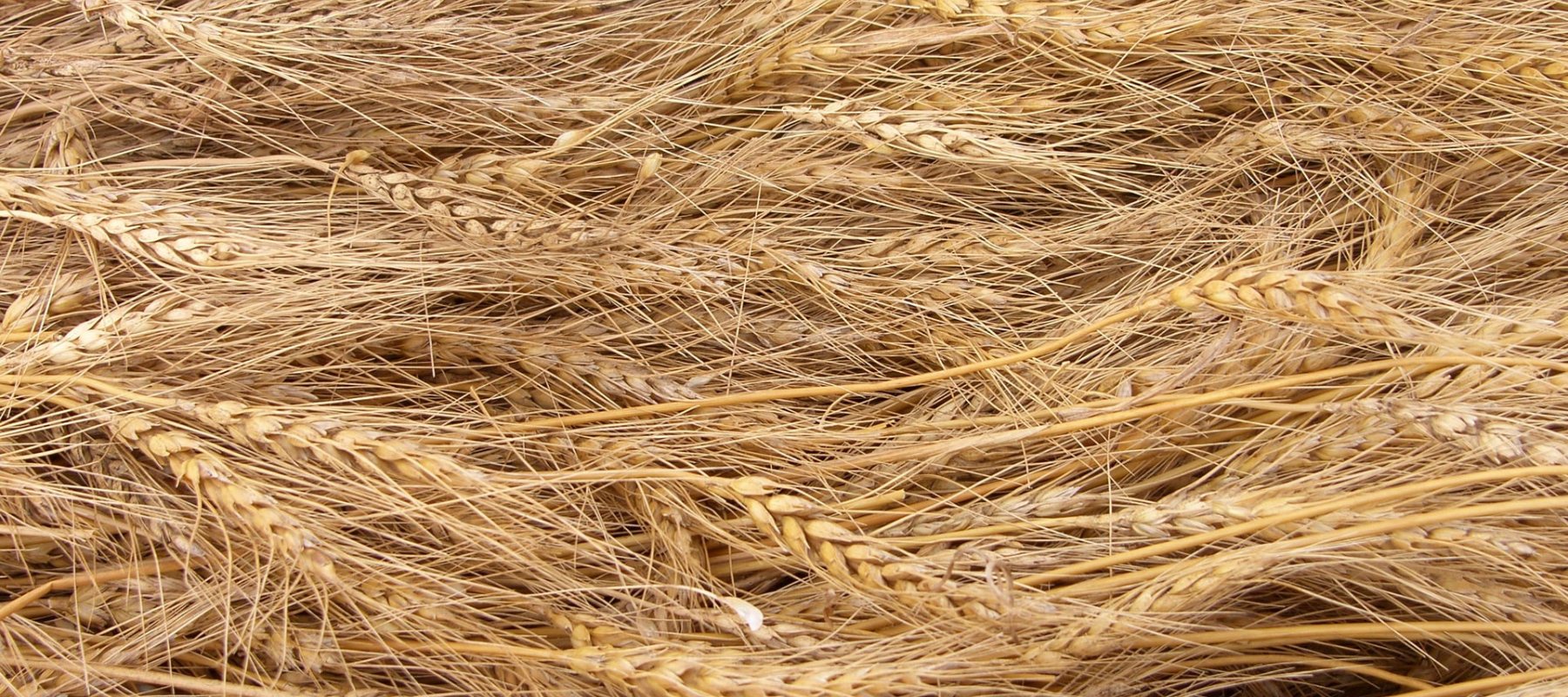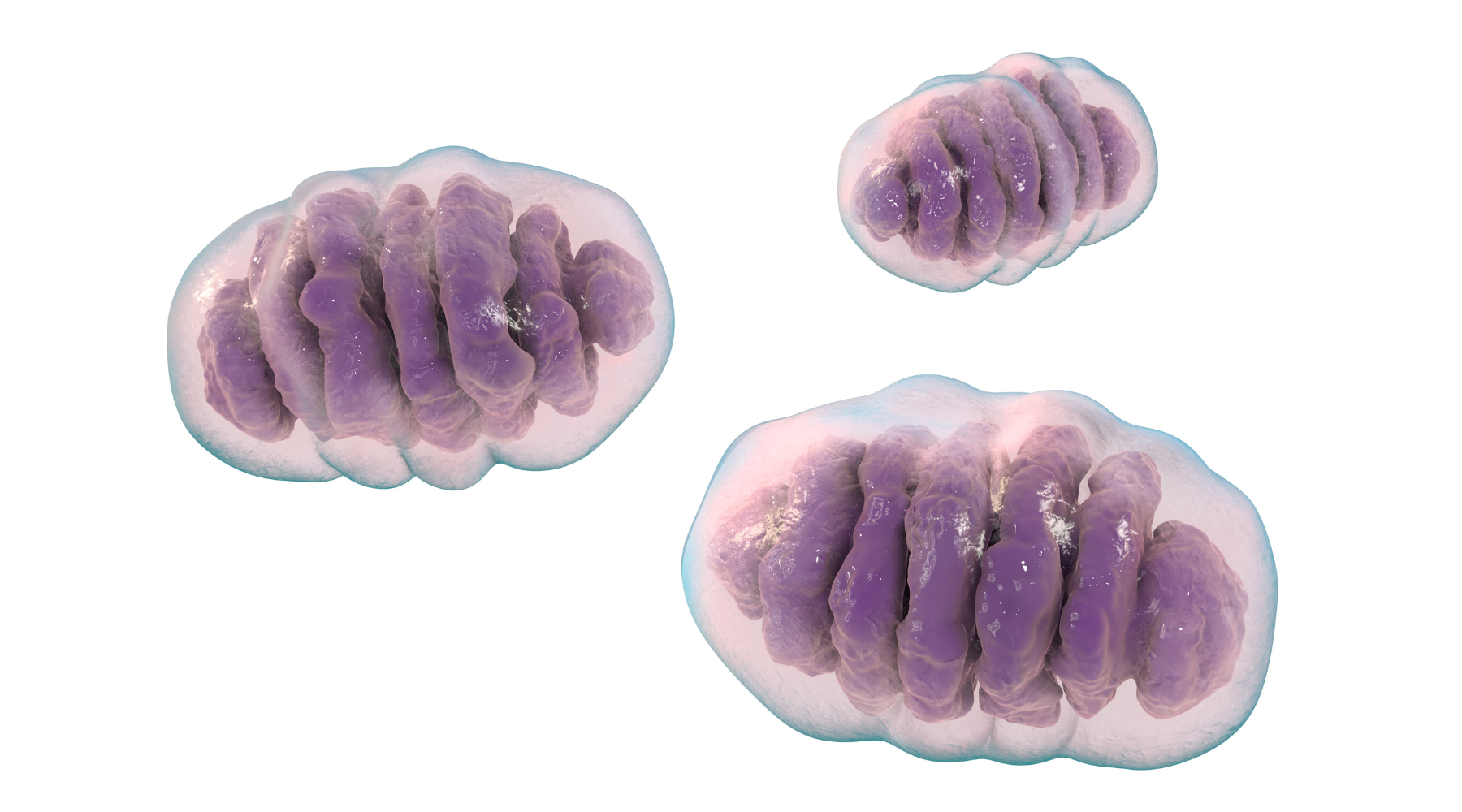While fasting is currently all the rage for its autophagy-inducing, gut healing, weight managing, and detoxifying actions, it has actually been a part of all major religions for hundreds of years.
In East Asia, it was common for monks to fast as a way to achieve mental clarity and religious enlightenment. But I think it's important to note who was doing that fasting: Men.
Why does this distinction matter? Because I have heard more women complain to me about how their hair fell out when they began to fast, their brains stopped working and they wanted to sleep all the time.
That doesn't sound like the kind of enlightenment that I want to attain!
So what's going on here?
Those women that complained to me all had low thyroid function, or hypothyroidism, in common. And fasting and hypothyroidism are generally not friends. This is also one of the reasons men do better on fasting than women, because low thyroid or hypothyroidism is 10x more common in women than it is in men.
Hypothyroidism and Fasting
Hormesis
Scientific studies have now proven that when fasting starves the cells of nutrients it creates a hormetic effect. Hormesis is just the process through which a stress creates a benefit, in this case, a culling of less efficient cellular components, such as proteins and mitochondria and a regeneration of new cellular material using recycled bits of the old cell parts and burning the rest to fuel the cell.
How does Fasting affect Thyroid Function?
While fasting does have hormetic benefits, the stress of nutrient starvation can be problematic for those who suffer from hypothyroidism or low adrenal reserve.
In these individuals, fasting actually down-regulates the thyroid, putting it into a state of quasi hibernation, which makes us feel tired and brain-fogged.
This is part of an in-built survival mechanism: when nutrients were low for our caveman ancestors, it was often because there was no food available at the moment and likely no prospect of food in the near term (think winter). This being the case, the body logically puts the brakes on its metabolism, controlled by the thyroid, to burn calories more slowly, conserve energy and improve survival chances through the lean months of low food.
The thyroid gland manufactures the raw thyroid hormone known as T4 out of the nutrients iodine, iron, zinc, selenium and B vitamins. If it is clear that these nutrients are unlikely to be available on an on-going basis, the thyroid stops the conversion of raw T4 into the bio-available thyroid hormone T3.
In addition, it produces something called Reverse T3 which can attach to every cell's T3 receptors, blocking that T3 from getting into the cell and being used, and thus conserving it for use at a later time.
Imagine it this way: your thyroid tends to your body's internal furnace (metabolism) and does this by chopping trees (T4) into smaller blocks of wood (T3) that fit into the furnace. When the body senses there won't be any trees to feed the fire, it slams the door shut on the furnace (Reverse T3). This conserves scarce thyroid resources, but makes you feel cold, sluggish and brain-fogged. Oh yeah, and it makes your hair fall out too because we don't really need hair to survive, do we?
So what does this mean for the 5% of Americans with hypothyroidism? [1] Are we able to fast and gain the benefits of autophagy or will it do more harm to us than good?
Should Thyroid Patients avoid Fasting Full Stop?
According to doctors, hypothyroid patients are best served by not fasting, which will exacerbate our already low thyroid hormone status. If we try any kind of fasting at all, it should be intermittent fasting whereby we eat within an 8-12 hour window, but then abstain from eating the rest of the time. This break then gives the body the chance to focus on repair and regeneration of tissue without having to bother with getting digestive enzymes out to digest food.
In addition, long-term fasting or going on the popular keto diet are not good choices for those of us with hypothyroidism because a lack of carbohydrates will cause a drop in insulin in the body.
The body will respond by increasing cortisol production in the adrenal glands. Increased cortisol is a good thing first thing in the morning when we need to be alert, but staying in a high cortisol state all the time leads to chronic inflammation throughtout the body. In addition, high cortisol at night will down-regulate melatonin, our sleep hormone, and without melatonin, we may end up tossing and turning all night instead of getting the Deep Sleep we need to induce autophagy (yes, Deep Sleep can do this too!).
Is there an Alternative to Fasting for Thyroid Patients?
Intermittent Fasting and Hypothyroidism
One strategy then might be to do intermittent fasting such that you skip breakfast or have a high fat ketogenic type coffee, like a Bulletproof Coffee [2], made with coffee blended with grass-fed ghee or butter and Medium Chain Trigylcerides (MCT oil) such as C8. The healthy and clean fat will sate your brain's need for energy by providing ketones, while you will not have technically broken your overnight fast. This then allows you to begin your eating window at around 10am - 12 noon, and then eating your last meal, preferably with a slow carb, such as taro, sweet potato or cassava, so that your body's insulin levels don't drop and interfere with night time melatonin production.
However, hypothyroid patients often still feel tired and fatigued with intermittent fasting. Luckily, there is another alternative!
How to Trigger Autophagy & Mimic Calorie Restriction without Fasting
You can induce autophagy and mimic the benefits of calorie restriction without fasting by taking spermidine supplements and eating spermidine-rich foods like Japanese natto and tempeh. These will then bring you autophagy benefits even when you are eating, but without the nutrient deprivation and negative cascade effects to the thyroid and metabolism that can cause weight gain and low mental energy.
Spermidine also inhibits 9 of the 12 hallmarks of aging, the paths down which your body ages. Slowing aging down these pathways will help reduce the internal and external effects of aging.
Introducing Primeadine®, our Food-Derived Premium Spermidine Supplement
Primeadine is the purest spermidine supplement on the market, derived from concentrated wheat germ and rigorously tested in Japan and the USA. Some of the many benefits our customers have experienced as a result of triggering autophagy include:
- Clearer skin and reduced appearance of fine lines and wrinkles
- Thicker, shinier hair
- Longer lashes and fuller brows
- Deeper quality sleep with fewer middle of the night wake ups
- Stable energy throughout the day
- Improved cognition and less brain fog
- Feeling more vibrant and vital
Mimic the benefits of fasting with Primeadine here.
References
1. Hypothyroidism (underactive thyroid) - NIDDK (no date) National Institute of Diabetes and Digestive and Kidney Diseases. Available at: https://www.niddk.nih.gov/health-information/endocrine-diseases/hypothyroidism#:~:text=makes%20thyroid%20hormones.-,How%20common%20is%20hypothyroidism%3F,or%20have%20few%20obvious%20symptoms. (Accessed: 22 May 2024).
2. Staff, B. (2024) Bulletproof Coffee Recipe, Bulletproof. Available at: https://www.bulletproof.com/recipes/bulletproof-diet-recipes/bulletproof-coffee-recipe/ (Accessed: 22 May 2024).





Leave a comment
All comments are moderated before being published.
This site is protected by hCaptcha and the hCaptcha Privacy Policy and Terms of Service apply.